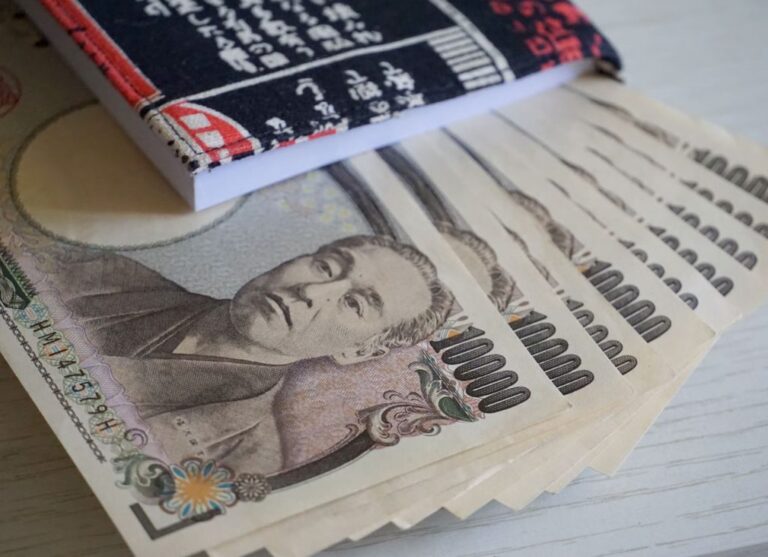
Morning Brief – Vax on, Vax off
The relative calm regarding Covid-19 in the northern hemisphere has allowed economies to open up and realise the potential growth stored up over months of lockdowns and socio-economic restrictions. A good part of the true or at least the attributed root of the ability to open societies and economies once again is the vaccine. The United States was one of the first large nations to approve a set of Covid-19 vaccines for public use and set off upon a trailblazing inoculation program. Today, however, it has been overtaken by other nations, including the UK, and even the former laggard, the European Union. Vaccine hesitancy is one factor that experts and politicians alike are concerned could derail efforts permanently to rid their economies of this pandemic once and for all.
It’s estimated that 100 million people in the United States have been infected with a variant of the coronavirus since the pandemic began. An infection will create antibodies, similar to those produced by vaccines, providing some degree of immunity to the former host of the virus. Those same people, particularly within the US, are often claiming to have no need for the vaccine due to their former exposure to the virus itself. Whatever the debate regarding the health benefits of natural versus vaccine induced immunity, from an economic and foreign exchange perspective it creates further uncertainty that will be seen within currency valuations. Even if natural immunity contributes to the global aim of herd immunity and ridding the population of this virus, it will reduce policy makers’ options and reduce their ability to keep economies open as we approach winter. It is easy to know who has and hasn’t had a vaccine within public health statistics and from there to assess levels of tolerance and immunity within your population. It is much harder, if not impossible, to add natural infection-induced immunity into this equation. National lockdowns and restrictions are therefore more likely as vaccine hesitancy will serve to understate the level of immunity within a population. It follows therefore that higher levels of vaccine hesitancy within a population could undermine the national currency as we approach year end.
In the UK, where 72.5% and 65.9% of the population have received two and one dose of an approved vaccine respectively, vaccines continue to fuel political tensions. The UK has terminated a €1.4bn agreement with French biotech company Valneva, under the grounds that it has breached conditions within its contract. This particular contract has caused a lot of political tension already. The UK secured this contract at a time when the French vaccination program was suffering from both approval and supply of vaccine. The UK securing significant supplies from a French vaccine market therefore stoked tensions across the channel. It also accompanied a multimillion pound public investment in the Scottish unit of the French biotech company. The unwinding of this controversial contract could therefore cause similar political risks to GBP and EUR as its creation did.
Discussion and Analysis by Charles Porter

Click Here to Subscribe to the SGM-FX Newsletter
Related Insights

Morning Brief – Japanese Yen
Japanese Yen With JPY at a new 34 year low versus EUR, the market is set for an ambush by the Bank of Japan if it acts today at the end of their Policy Meeting to support the Yen. The reason that the market is susceptible is because it has convinced itself that the BoJ […]

Morning Brief – Milan, Italy
Milan, Italy The City of Milan has a late night noise problem and so it has acted unilaterally to resolve it-Italian style. A ban on the sale of take away food including ice cream and pizza after midnight is being imposed to protect the “peace and health of residents.” Here in the UK late night […]

Morning Brief – British Pound
British Pound Reports that the UK may cut its interest rates before the USA cut their interest rates were the final straw this past week for Sterling. A slew of less than helpful inflation, employment and finally retail sales saw GBP weaker , but then the suggestion that with the background of that less than […]



 Humphrey Percy
Humphrey Percy